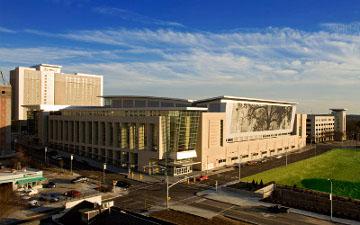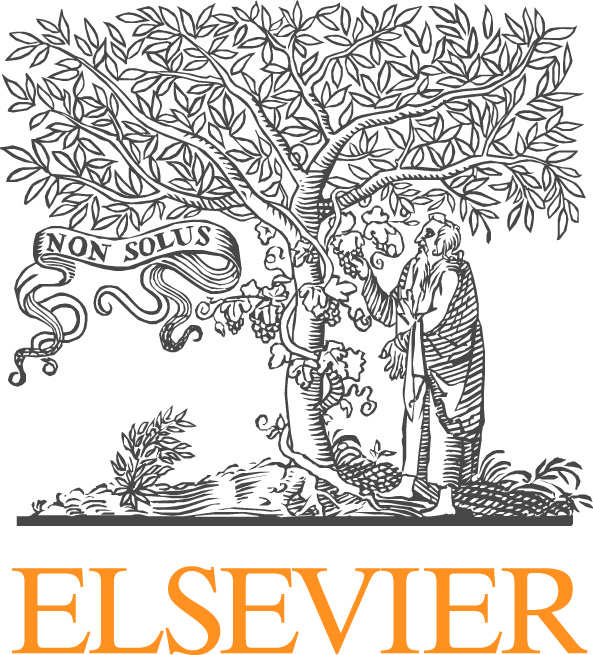
Multiscale Computational Homogenization for Bridging Scales in the Mechanics and Physics of Complex Materials
Julien Yvonnet, Kenjiro Terada, Peter Wriggers, Varvara Kouznetsovav, Maenghyo Cho
Multiscale computational homogenization methods refer to a class of numerical techniques for determining the effective behavior of complex and highly heterogeneous materials, and for computing the response of structures composed of these materials. The main added value of computational homogenization consists in surpassing limitations of analytical approaches, e.g. incorporating realistic multi-phase morphologies and complex nonlinear material behavior.
This minisymposium focus on the developments and applications of multiscale computational homogenization methods, including all pending challenges in this area.
The topics covered include (but not limited to) :
* materials with a complex physical geometry, e.g. provided by high resolution 3D imaging techniques;
* Heterogeneous, time-dependent and nonlinear material behaviour, including material dynamics;
* Heterogeneous materials with coupled multi-physics behavior (phase change, chemo-mechanics, nonlinear thermo-mechanics...), including extended homogenization schemes
* Multiscale damage modeling, capturing the transition from homogenization to localization;
* Computational homogenization including size and second-order effects;
* Microstructures with complex interfaces
* Multiscale simulations with non-local phenomena like cracks, instabilities or shear bands;
* Reduction of computational costs associated with multiscale algorithms;
* Integration of phenomena occurring at the nanoscale
* Integration of stochastic microscopic models










